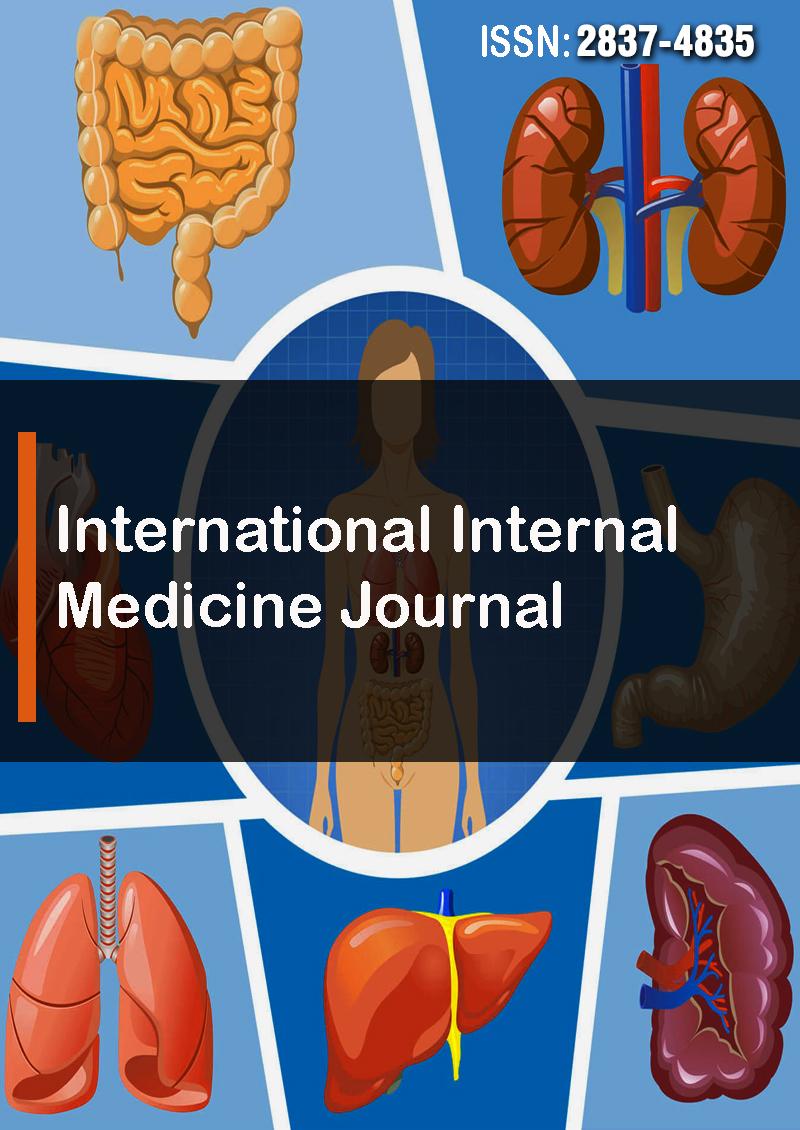HIV/AIDS, Sexually Transmitted Infections, and Sexual Exploitation Among Commercial Sex Workers in Western Oromia, Ethiopia: A Mixed Method Approaches
Abstract
Jote Markos Cafo, Werku Etafa, Edosa Kifle, Ayana Chimdesa, Misganu Teshome
Objective: The study aimed to assess Human Immune Viruses, sexually transmitted infections, and sexual exploitation among commercial sex workers in selected towns in Western Oromia.
Methods: An exploratory mixed-method approach study design was employed. The respondents were selected using the snowball and purposive sampling technique. Data was collected using a closed-ended and in-depth interview. Nine- ty-nine respondents were involved in the study. Quantitative data was entered into Epi Info version 7 and exported to SPSS version 20.0 for analyzing data. The qualitative data analyzed thematically.
Results: The mean (�?�SD) of the respondents was 20.8 ((�?�2.28). Of the total (92.1%) respondents invited to the HIV test, and 8.8% of them were reactive. Seventy percent of the participants replied as they mostly have 2-3 customers in a day. A few (2.2%) of respondents have no interest in shifting their current job. Sexually transmitted infections are reported among 16.5% of the respondents. The sexual violation happened among forty-four percent of the respondents. Peer pres- sure and conflict with family were factors mentioned frequently by sex workers.
Conclusion: The participants had experienced sexual violation and exploitations. There is a need to conduct further studies to help make appropriate policies and deliver the possible interventions.



